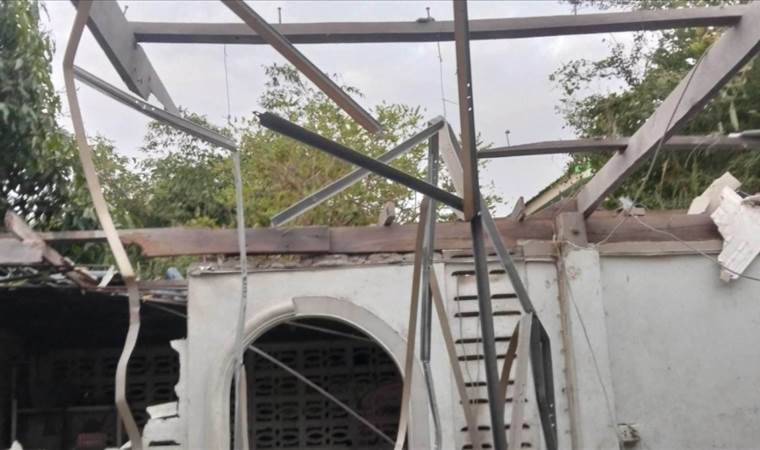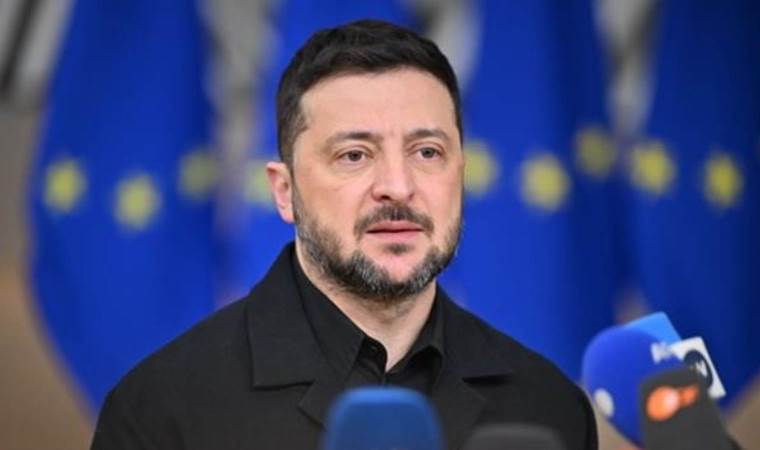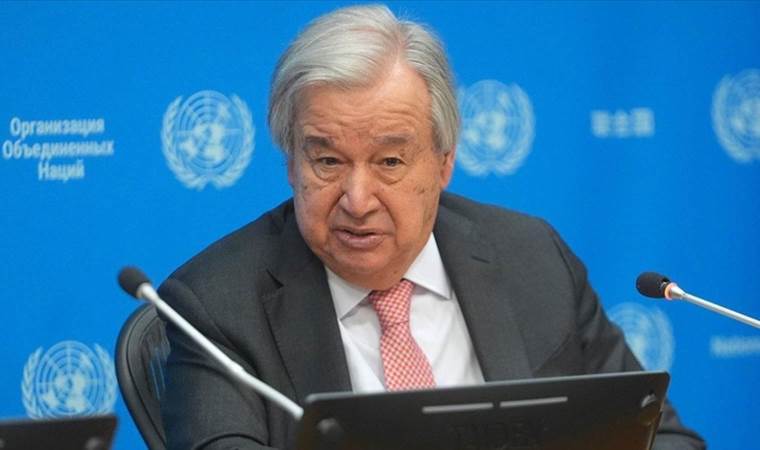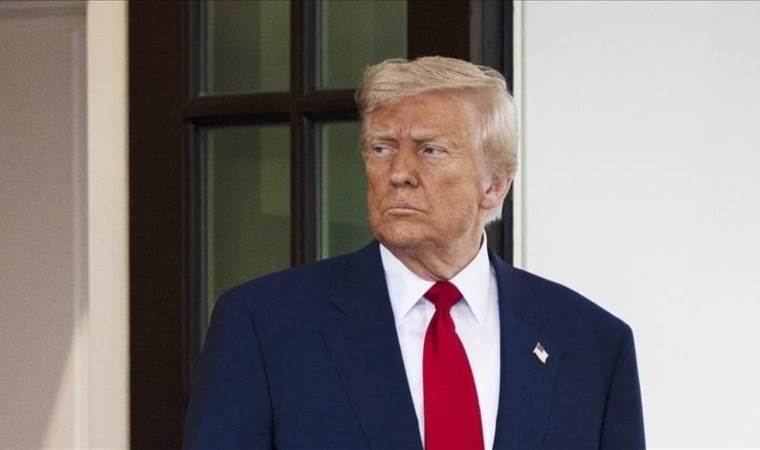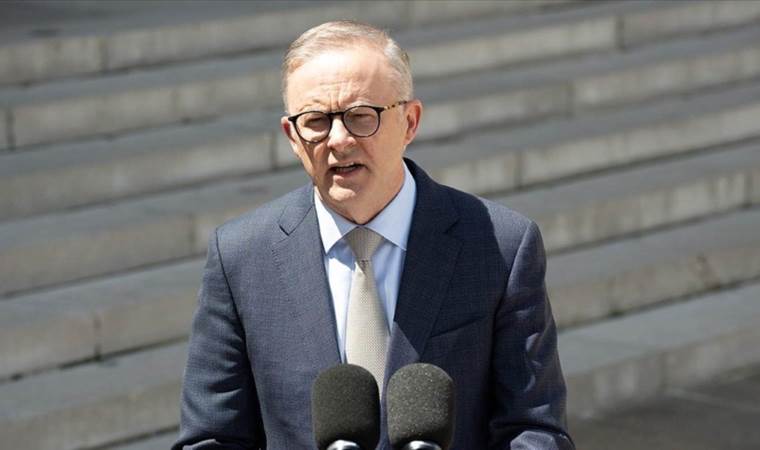German chancellor walks back contentious migration remarks amid growing backlash
German Chancellor Friedrich Merz on Wednesday attempted to clarify his controversial migration remarks, saying his earlier criticism targeted illegal foreigners who don't follow the rules—not migrants who work and contribute to the country.
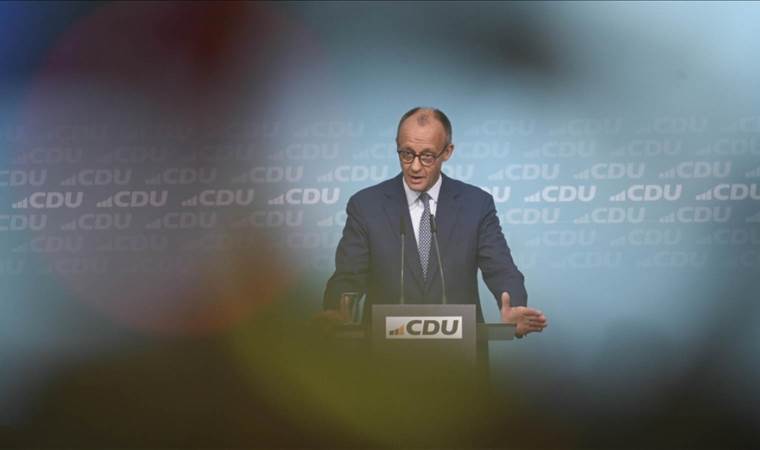
Speaking on the sidelines of the Western Balkans Summit in London, Merz praised migrants for their contributions to Germany and emphasized the country's continued need for immigration to support its labor market. His remarks came as he tried to contain fallout from earlier comments that sparked mass protests.
“Many people with a migration background are already an indispensable part of our labor market. They work in Germany; they live in Germany. They work in nursing homes and at universities,” Merz told reporters. “We can no longer do without them, regardless of where they come from, their skin color, and whether they are first, second, third, or fourth generation residents of Germany.”
The conservative leader tried to explain that what he referred to as a continued "problem in the cityscape" was foreigners staying in Germany illegally and those not following the rules.
“Problems are caused by those—and this has also been discussed today—who do not have permanent residence status, do not work, and do not abide by our rules. Many of them also shape the public image of our cities,” Merz said.
“That is why so many people in Germany and other EU countries are now simply afraid to go out in public. This affects train stations, subways, certain parks, and some neighborhoods, which also cause major problems for our police. We must address the root causes of these problems,” he said.
The controversy erupted after Chancellor Merz, speaking at an event in Potsdam last week, was asked about the rise of the far-right Alternative for Germany (AfD) party. Merz, who leads the conservative Christian Democratic Union (CDU), responded by saying his government was correcting past migration policy failures and making progress.
"But of course, we still have this problem in the cityscape, and that's why our interior minister is now working on plans for enabling and carrying out deportations on a larger scale," he said.
When pressed by reporters on Monday, Merz doubled down on his position and repeated his claim that irregular migrants remain a problem in the cityscape.
“Ask your children, ask your daughters, ask your friends and acquaintances. Everyone confirms that this is a problem, at least after dark. And that is why we will have to find a solution to this problem,” Merz said.
His controversial remarks sparked the “We are the daughters” petition, which drew more than 120,000 signatures within 24 hours. "We are the daughters and we won't let ourselves be instrumentalized by your racism, Mr. Merz! You don't speak for us," declared petition initiator Cesy Leonard.
Several thousand protesters demonstrated outside the CDU party headquarters in Berlin on Tuesday evening under the "We are the daughters" slogan, accusing Chancellor Merz of racist and discriminatory rhetoric that echoes the far-right AfD Party.
The backlash extended beyond grassroots activists to economic and political circles. Marcel Fratzscher, president of the German Institute for Economic Research (DIW), told Handelsblatt that Merz's recent statements "intensify social polarization” and cause considerable economic damage.
"The chancellor's message weakens Germany's welcoming culture and will exacerbate the skilled labor shortage in Germany in the coming years," Fratzscher said.
Rudiger Schuch, president of Diakonie, a major German Protestant welfare organization, emphasized that immigrants have been "a natural part of our cityscapes for decades."
"They simply belong to us: with their companies, cultures, as colleagues at work, as teammates in football clubs, as neighbors and much more," Schuch said, adding that problems must be addressed "with solution-oriented politics, without polemics and with mutual respect."
Most Read News
-
 Thailand imposes martial law in border districts as clas
Thailand imposes martial law in border districts as clas
-
 2 killed, 8 critically injured in shooting at Brown Univ
2 killed, 8 critically injured in shooting at Brown Univ
-
 Zelenskyy says bilateral security guarantees a ‘compromi
Zelenskyy says bilateral security guarantees a ‘compromi
-
 Delhi’s air quality worsens to new severe level, Indian
Delhi’s air quality worsens to new severe level, Indian
-
 Attacks on Bangladeshi peacekeepers in southern Sudan ma
Attacks on Bangladeshi peacekeepers in southern Sudan ma
-
 2 Palestinians killed by Israeli army in occupied West B
2 Palestinians killed by Israeli army in occupied West B
-
 Trump vows to respond to alleged ISIS attack on US force
Trump vows to respond to alleged ISIS attack on US force
-
 ‘No place for violence in Australia,’ says Premier Alban
‘No place for violence in Australia,’ says Premier Alban
